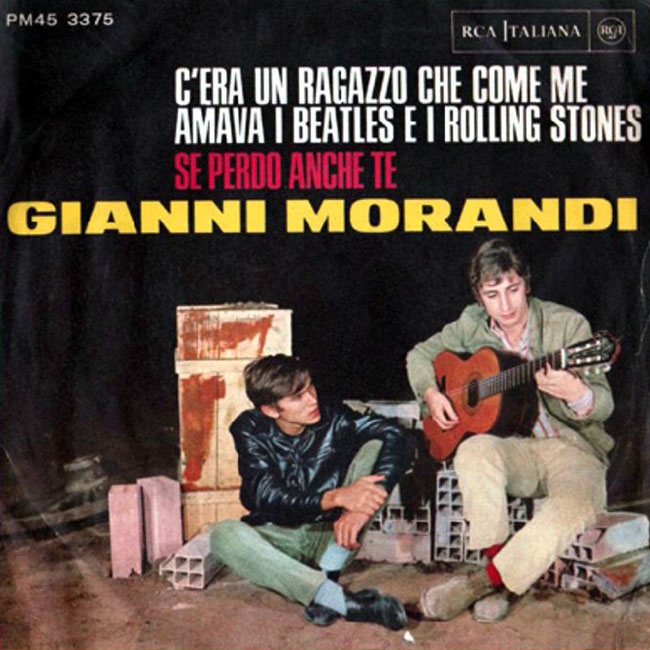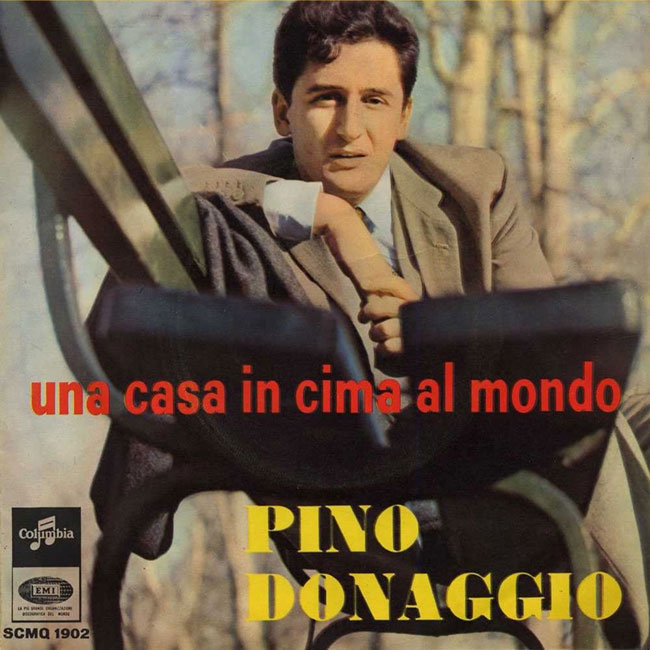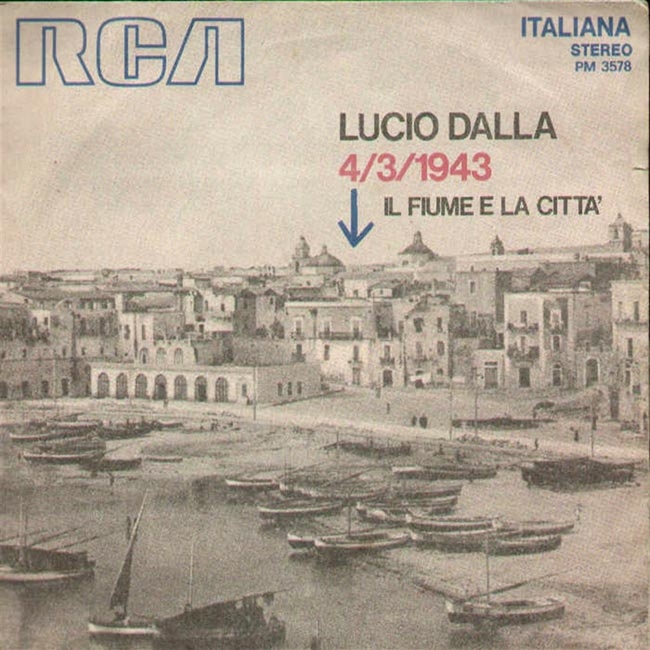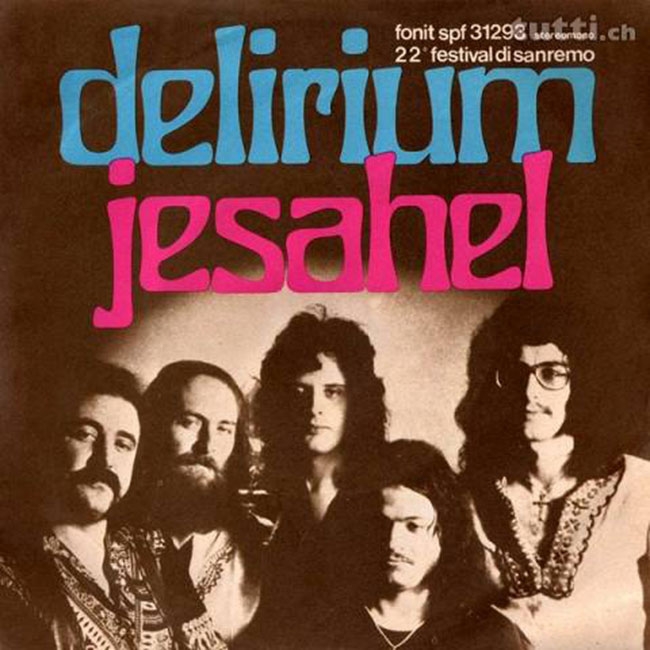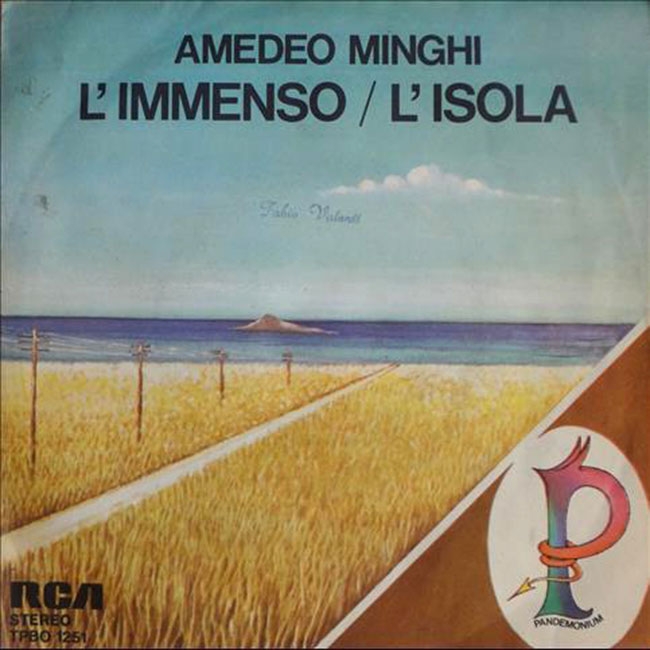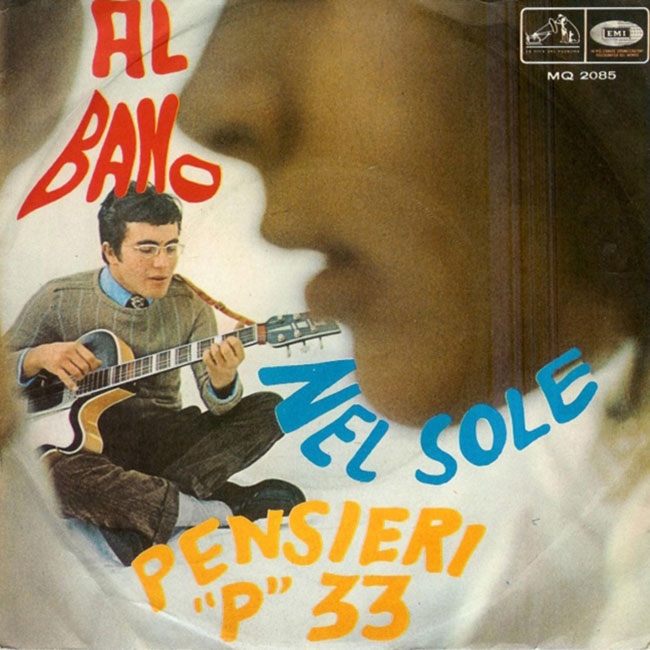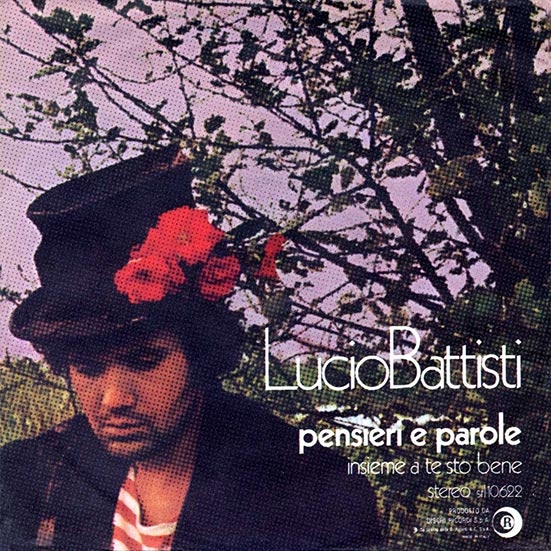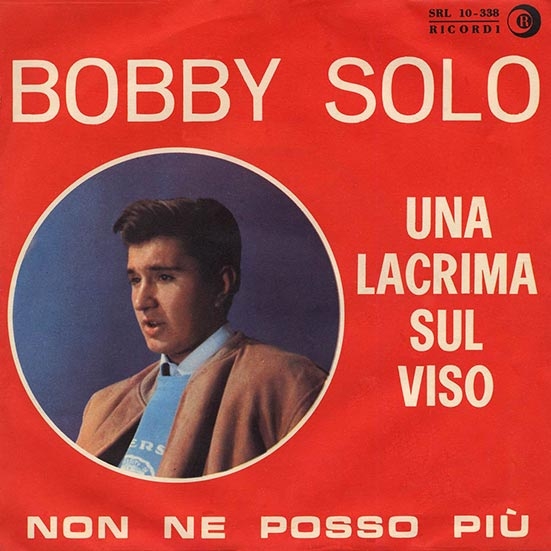
La geografia di Claudio Villa playlist
The Geography of Claudio Villa
Claudio Villa (1926-87) recorded roughly 3,200 songs in his career, including five-hundred 75 rpm records. This first playlist documents the beginning of his career, which took off in 1947 with Parlophon, a prestigious label created by the German Parlophone (with an “e”).
The future “reuccio” (little king) was in his early twenties when he stepped into a recording studio to deliver to his already-numerous fans – and to posterity – his golden voice with which they could dream. He sang of faraway places and nearby cities mixing exotic rhythms and more familiar ones.
This was the underlying theme in an era in which people traveled mostly with their imagination. The airport of departure is his native city, Vecchia Roma, which the folk singer with the voice of a tenor contributed to promoting in dozens of occasions. But the post-war city was no longer what it once was, so the tour takes on a nostalgic connotation and lingers on the places he longed for: the Borgo antico and the bells of the little town - a song with a rumba beat (!). Naples is only a few hours away (Acquarello Napoletano). A samba beat accompanies us, so we don't miss the train of modernity. We can fit in a trip to the island most loved by Americans (Qui sotto il cielo di Capri), twinned with the small town in Lombardy, Viggiù, which in 1949 became the subject of a popular song (Villa sang it with Nuccia Bongiovanni) and a source of inspiration for a film with Totò and Nino Taranto – a blockbuster (I pompieri di Viggiù).
Both songs are part of the same score. The city of Dante is honored with two songs (Luci sull’Arno and Vecchia Firenze) before the singer takes off towards faraway lands: Trinidad, traveling to the beat of a rumba, and the Egypt of Verde Nilo. We eventually return to the Eternal City, seen through the eyes of two different people: the tourist who admires the monuments (Fontana di Trevi – not to be confused with the cover of Three Coins in the Fountain) and the emigrant who says good-bye (Arrivederci Roma mia, from the film Emigranti).

